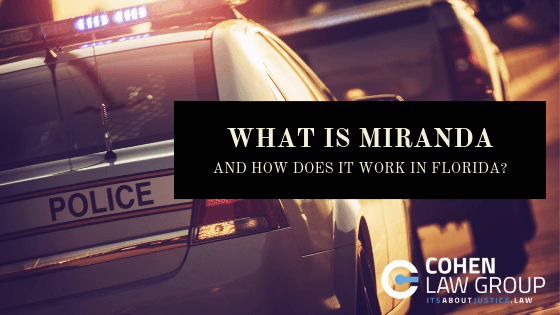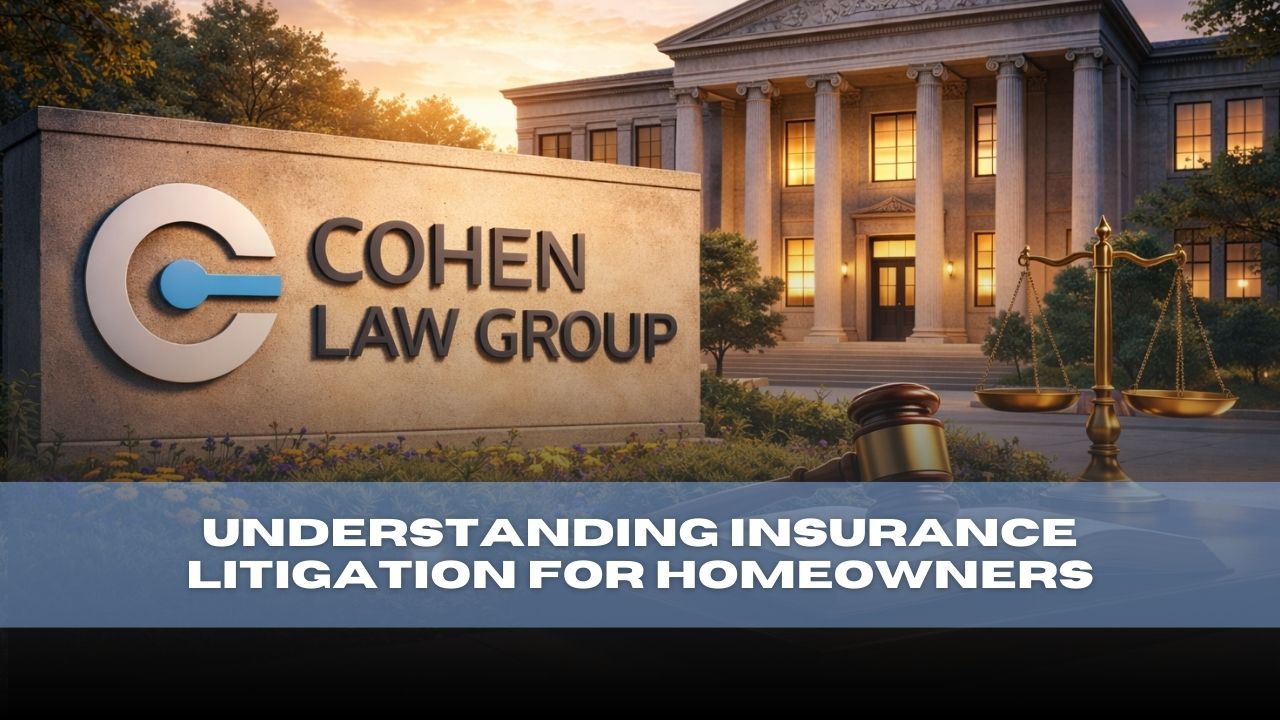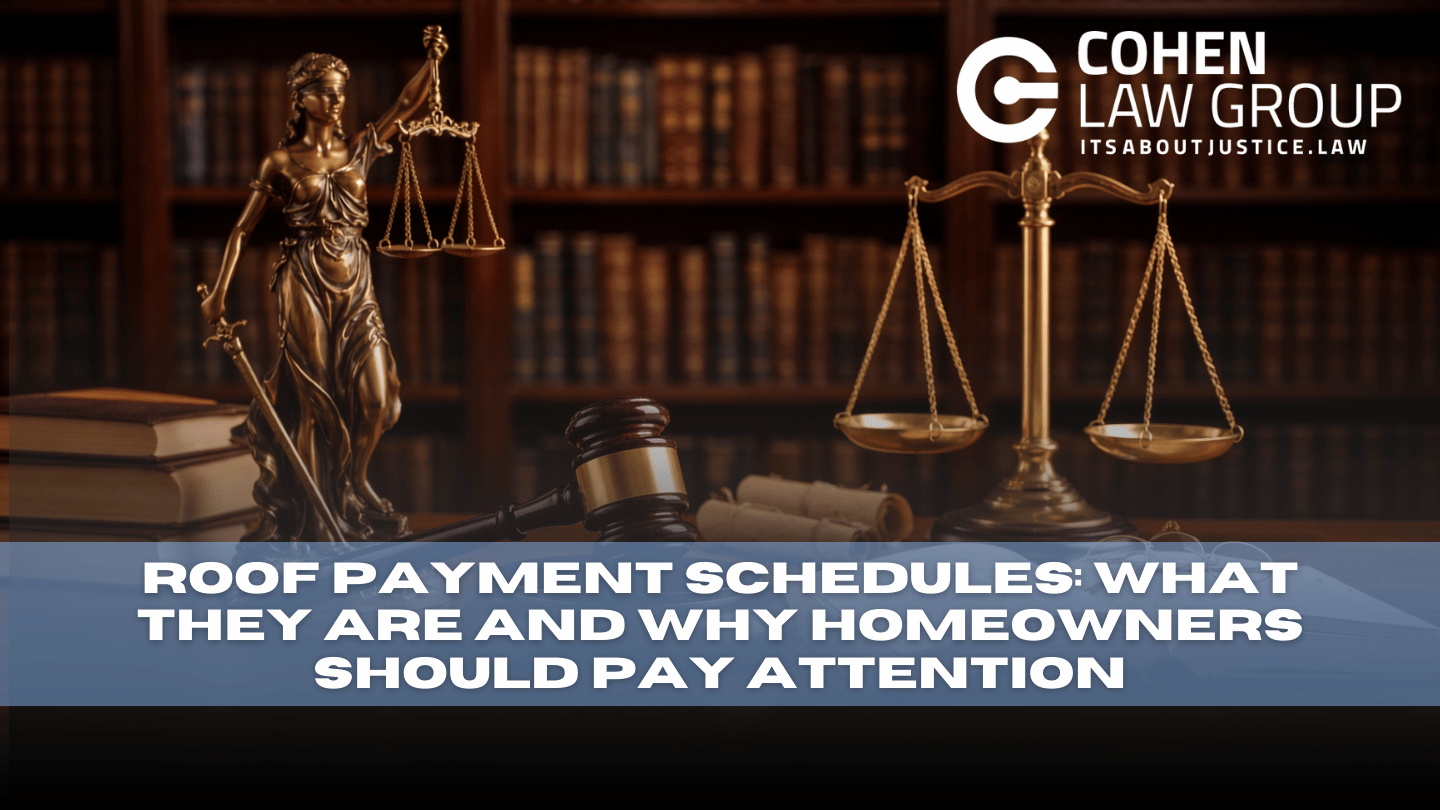What Is Miranda And How Does It Work In Florida?
By Doug Dorner, Esq.
You have probably heard the term “Miranda Rights” even if you have never been arrested. But what most people don’t know is what it means and how it works in Florida. Miranda Rights, as we commonly know them, actually originated from a 1966 United States Supreme Court case, Miranda v. Arizona. The Court held that anyone is entitled to be advised of their Constitutional rights prior to custodial interrogation.
In Florida, law enforcement advises a person of these rights by following the standard Miranda Card. This is a set of statements given to the individual prior to questioning.
It Reads As Follows:
You have the right to remain silent. Anything you say will be used against you in court. You have the right to consult with an attorney. And the right to have an attorney present during questioning. You have the right to have an attorney appointed if you cannot afford one.
So What Does This Mean?
You have the right to remain silent. Anything you say will be used against you in court. This is intended to advise an individual that they have the right to exercise their 5th Amendment right against self incrimination. But, if the individual chooses to talk with law enforcement, the statements they make will be presented as evidence against them in any court proceeding.
You have the right to consult an attorney. And have an attorney present during questioning. This is intended to advise an individual that they have the right to speak with an attorney before making any statements that may incriminate them. Additionally, that person can have the attorney in the room to advise and counsel while the questioning is taking place.
You have the right to have an attorney appointed if you cannot afford one. This is intended to advise an individual that even if they feel they cannot hire their own attorney, the State of Florida will provide one to ensure that your rights are protected.
It is also important to know that you can invoke these rights at any time. They can be invoked even if you initially agree to answer questions. Once invoked, law enforcement should stop all questioning until you have had the right to speak with an attorney. If they do not, your statements made to them subsequent to your invocation can potentially be excluded from any court proceeding.
When Does It Apply?
Miranda Warnings only apply to statements made while an individual is in “custody”. This does not mean under arrest. It simply means that the individual is in a situation that a reasonable person would feel that they are not free to leave. So, if a law enforcement officer and you get into a conversation on the street and you say something incriminating, that statement could potentially be used against you even if you were not given the warning.
Finally, even if a law enforcement officer fails to advise you of the warning while you are in “custody”, that doesn’t mean a criminal case against you would be dismissed. It only means that the statements you made can potentially be excluded.
To avoid any risk of confusion, you should always ask for an attorney at each stage of questioning to preserve your rights. If you feel that you are in this type of situation, contact Cohen Law Group to help protect you.

Doug Dorner, Esq.
DISCLAIMER: This website is for informational purposes only and does not provide legal advice. Please do not act or refrain from acting based on anything you read on this site. Using this site or communicating with Cohen Law Group through this site does not form an attorney/client relationship. This site is legal advertising. Please review the full disclaimer for more information by clicking here.








